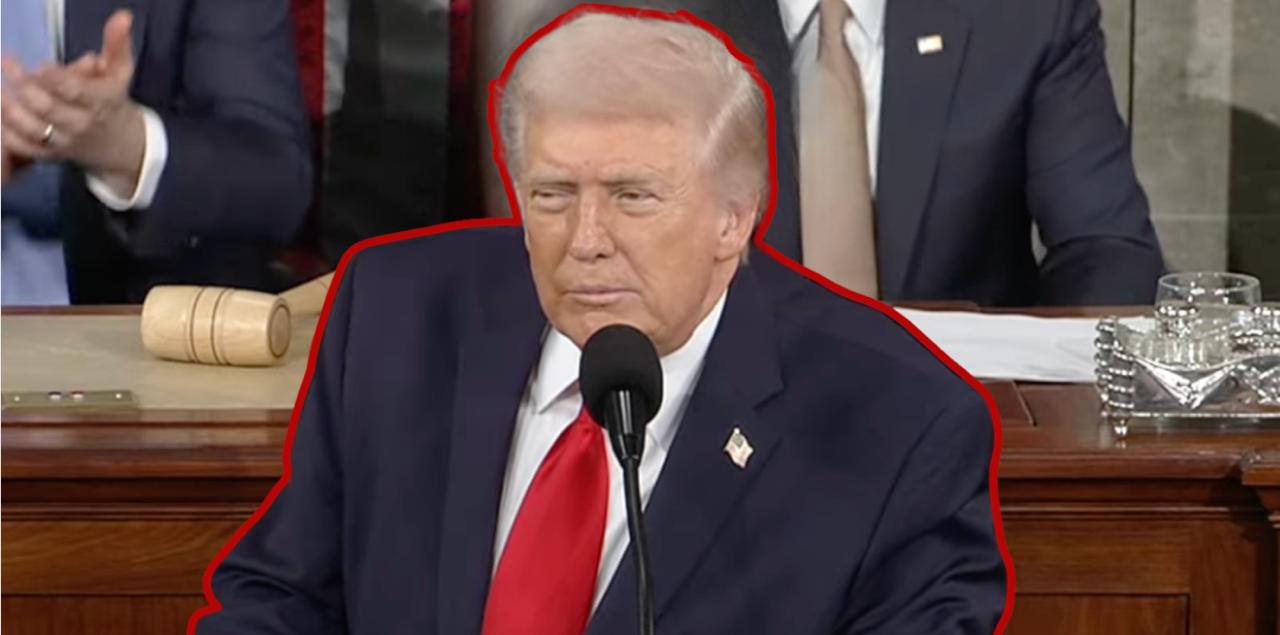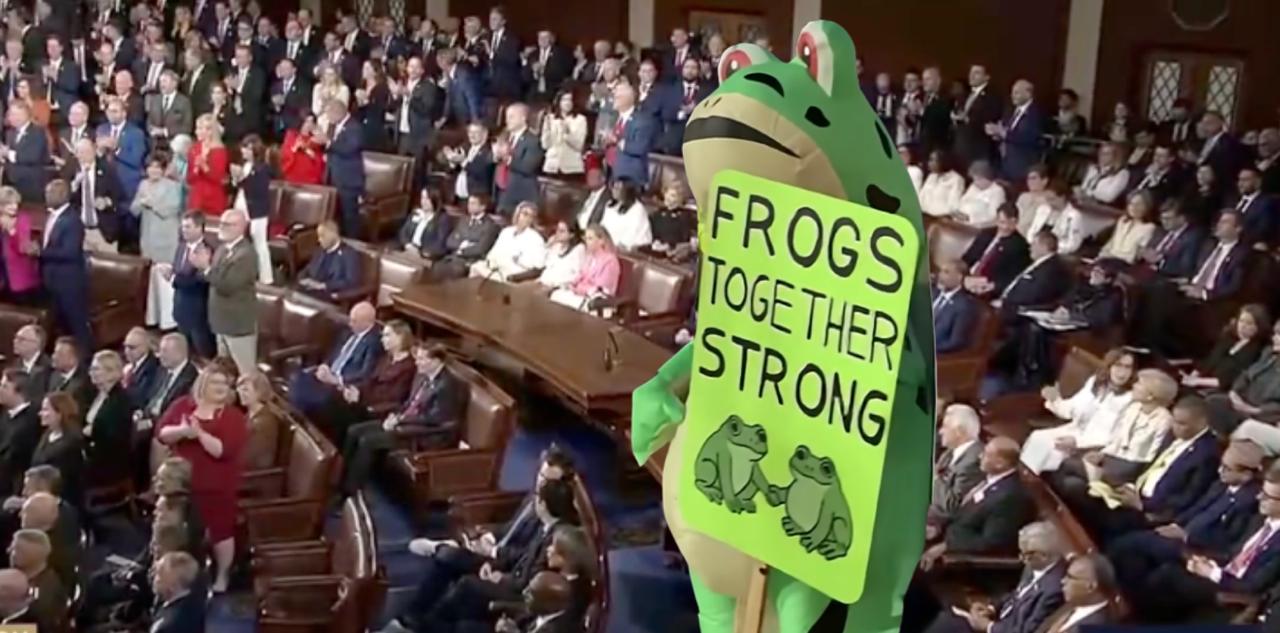With President-elect Donald Trump set to begin his second term in the White House, world leaders are reassessing their diplomatic strategies with China amid uncertainty about the United States' future role in international conflicts. Trump has pledged to impose stricter tariffs on China, leaving many nations seeking stability in their relationships with Beijing.
At the Asia-Pacific Economic Cooperation (APEC) summit in South America last week—the first major global meeting since Trump's re-election—leaders highlighted the importance of engaging with Chinese President Xi Jinping. British Prime Minister Keir Starmer called for a “consistent, durable” relationship with China, while Australian Prime Minister Anthony Albanese emphasized the need for a “patient, calibrated, and deliberate” approach, according to report from The New York Times.
Key issues like human rights, tensions over Taiwan, technological competition, cyberattacks, and China’s support for Russia in the Ukraine conflict have left global leaders prioritizing diplomacy with Beijing. With Trump’s recent pledges to increase tariffs on China and take a more isolationist approach to foreign policy, world leaders remain unsure about the role the US will play in future international conflicts.
At the summit, Xi and outgoing President Joe Biden held their final meeting, acknowledging the critical nature of the US-China relationship.
“The United States has recently concluded its elections,” Xi said through a translator. “China’s goal of a stable, healthy and sustainable China-US relationship remains unchanged.” Xi further urged the US to make the “wise choice” and to “Keep exploring the right way for two major countries to get along well with each other.”
“China is ready to work with the new US administration to maintain communication, expand cooperation and manage differences, so as to strive for a steady transition of the China-US relationship for the benefit of the two peoples,” Xi added without mentioning Trump directly.





